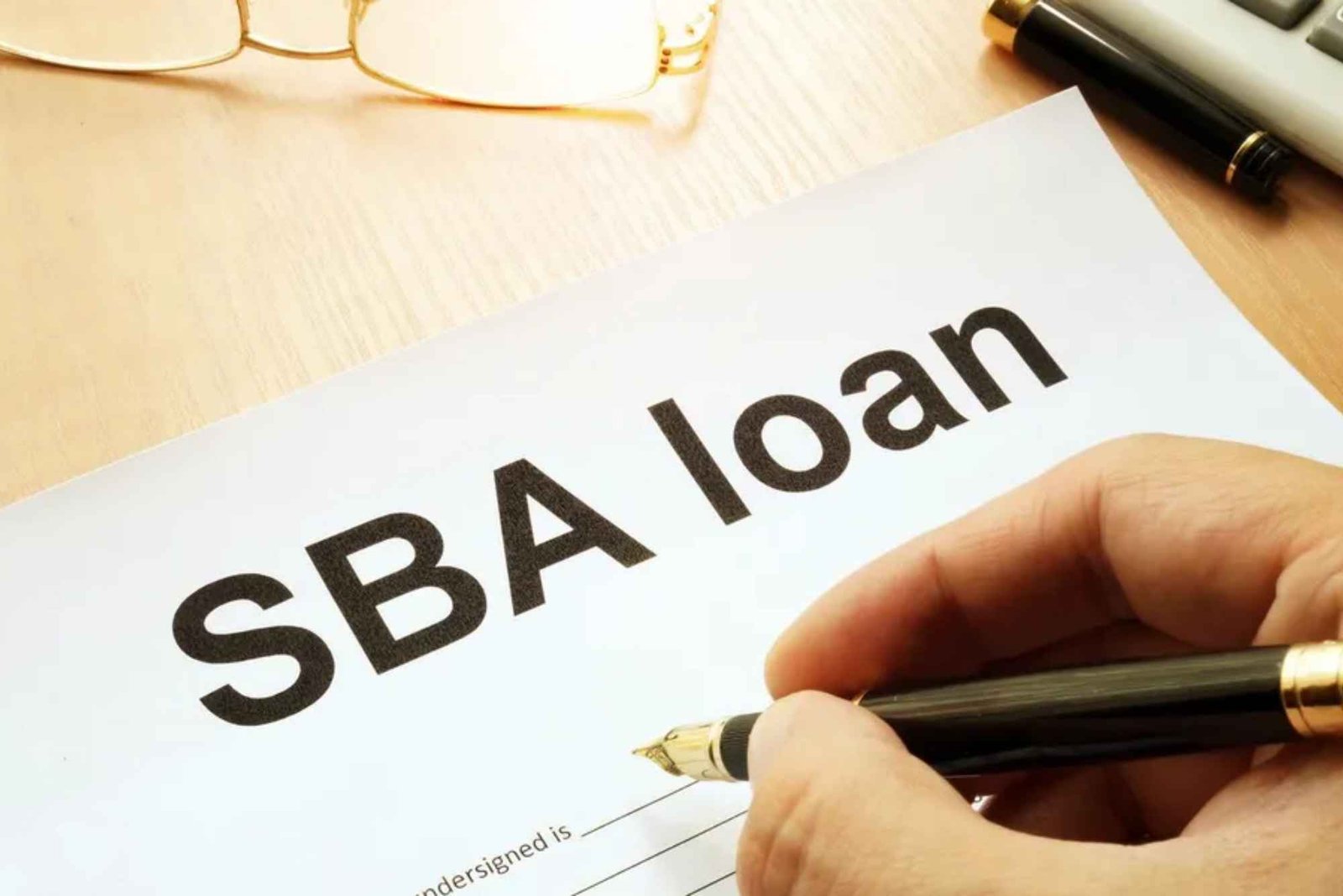Starting a new business can be a challenging yet rewarding journey. One of the most critical aspects of getting your business off the ground is securing the right funding. Small business loans provide startups with the necessary capital to cover expenses such as equipment, marketing, and operations. This guide covers everything you need to know about small business loans for startups, how to qualify, the application process, and more.
What Are Small Business Loans?
Small business loans are financial products designed to provide entrepreneurs with the funds they need to start, grow, or sustain a business. These loans can come from various sources, including banks, credit unions, and online lenders. Unlike grants, which do not need to be repaid, small business loans must be repaid over time, with interest.
How Are Loans Different from Other Types of Startup Financing?
Loans differ from other types of financing, such as equity funding and grants, primarily in how they are repaid. With a loan, you retain full ownership of your business, but you must repay the loan with interest. In contrast, equity financing involves selling a portion of your business to investors, while grants are typically non-repayable funds provided by government programs or organizations.
Types of Small Business Loans for Startups
There are various types of loans available to startups, each with its own benefits and considerations. Below are the most common options:
| Loan Type | Description |
|---|---|
| Term Loans | Lump sum loan with fixed repayment terms and interest rates |
| SBA Loans | Government-backed loans with low-interest rates and long terms |
| Microloans | Small loans, often for startups or businesses with limited credit history |
| Equipment Financing | Loan to purchase business-related equipment; equipment acts as collateral |
| Lines of Credit | Revolving credit line that allows borrowing as needed, up to a set limit |
| Invoice Financing | Loan based on unpaid customer invoices |
| Personal Business Loans | Personal loans used for business purposes, often based on personal credit score |
Each loan type comes with its own set of advantages and disadvantages. For example, SBA loans offer low-interest rates but have stringent qualification criteria, whereas microloans may be easier to obtain but come with higher interest rates and smaller amounts.
How to Qualify for a Startup Loan

Qualifying for a small business loan can be challenging, particularly for startups with no established revenue. However, lenders look at several factors when evaluating loan applications:
Credit Score Requirements
Your personal credit score plays a crucial role in securing a loan. Most lenders prefer a credit score of 680 or higher. If your credit score is lower, you may still qualify, but expect higher interest rates and stricter loan terms.
Business Plan Requirements
A strong business plan is essential to convince lenders that your startup has a viable future. Your business plan should include detailed financial projections, market research, and a clear strategy for growth.
Collateral and Personal Guarantees
Many loans, especially those for startups, require collateral or a personal guarantee. Collateral can include assets like real estate or equipment, while a personal guarantee means that you are personally responsible for repaying the loan.
Financial Projections and Documents Needed
Lenders will often ask for documents such as tax returns, financial statements, and cash flow projections. These documents help lenders assess the risk associated with your business and your ability to repay the loan.
Application Process for Startup Loans

The application process for a small business loan can vary depending on the lender, but most follow these general steps:
Prepare Your Documents
Before applying, gather all the necessary documents, including your business plan, financial statements, tax returns, and any other documents requested by the lender.
Submit Your Application
Most lenders have an online application process that can be completed quickly. Ensure that you fill out all the required fields accurately and submit your application along with the supporting documents.
Undergo a Review
After submitting your application, the lender will review your financials, business plan, and other factors to determine your eligibility. This process can take anywhere from a few days to several weeks.
Approval and Funding
If approved, you will receive an offer from the lender, detailing the loan amount, interest rate, and repayment terms. Once you accept the offer, the funds are usually deposited into your business account.
Common Mistakes to Avoid in the Application
- Submitting incomplete or inaccurate information.
- Applying for a loan without a solid business plan.
- Not understanding the loan terms before accepting the offer.
Best Small Business Loans for Startups in [Your Region]
When searching for the best small business loans in your region, it’s essential to compare terms, interest rates, and eligibility criteria among different lenders. Here are some popular loan providers:
- Local Banks: Often offer competitive interest rates but may have stricter requirements.
- Credit Unions: Provide more flexible terms but may offer smaller loan amounts.
- Online Lenders: Offer fast approval and funding, but interest rates may be higher.
Tips for Securing a Startup Loan
Securing a small business loan can be a challenge, but the following tips can improve your chances:
- Build a Strong Business Plan: Clearly outline your financial projections, market analysis, and growth strategy.
- Improve Your Credit Score: If your credit score is low, take steps to improve it before applying.
- Understand the Loan Terms: Make sure you fully understand the interest rates, fees, and repayment terms before accepting any loan offer.
Alternatives to Small Business Loans
If you’re unable to qualify for a loan or prefer other funding options, consider these alternatives:
- Crowdfunding: Raise funds from a large group of people, typically through online platforms like Kickstarter.
- Angel Investors and Venture Capital: Offer equity in your business in exchange for investment.
- Government Grants and Subsidies: Non-repayable funds provided by government programs.
- Bootstrapping: Use your own personal savings or reinvest profits to fund your business.
Loan Repayment and Managing Debt
Repaying your loan on time is crucial to maintaining a good relationship with lenders and avoiding penalties. Consider the following strategies:
- Set Up Automatic Payments: Ensure that you never miss a repayment by setting up automatic payments from your business account.
- Monitor Cash Flow: Keep a close eye on your cash flow to ensure that you have enough to cover loan payments each month.
- What to Do If You Can’t Repay: If you’re struggling to make payments, reach out to your lender immediately to discuss options such as restructuring the loan or temporary deferment.
Frequently Asked Questions (FAQs)
1. What credit score do I need to qualify for a small business loan?
Most lenders require a personal credit score of 680 or higher, although some may accept lower scores for certain loan types, such as microloans.
2. Can I get a small business loan with no revenue?
Yes, many lenders offer startup loans that do not require established revenue, though you will need a strong business plan and may have to provide collateral or a personal guarantee.
3. What are the best loan options for startups?
SBA loans, microloans, and lines of credit are popular options for startups. The best choice depends on your specific financial needs and creditworthiness.
4. How long does it take to get approved for a small business loan?
The approval process can take anywhere from a few days to several weeks, depending on the lender and the complexity of your application.
5. Can I use a personal loan to fund my business?
Yes, many startups use personal loans to fund their businesses, but this can put your personal assets at risk if you’re unable to repay the loan.








